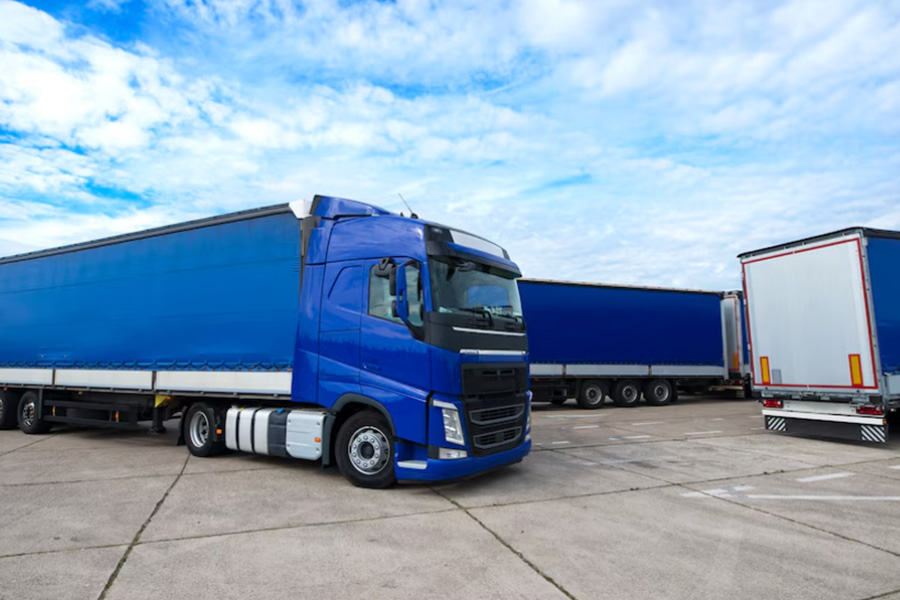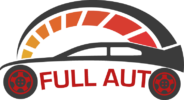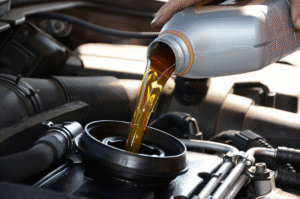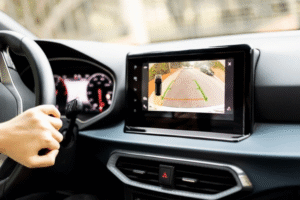Examining Liability: Who Is Responsible When a Trailer / Towing Accident Occurs?

When a towing accident occurs, it’s easy to think of the driver behind the wheel as the sole person at fault. However, the reality is far more complex. Towing accidents often involve multiple parties, from the driver operating the vehicle to the trailer owner and even the manufacturer of the towing equipment. Determining liability in such cases requires a deep dive into the roles each party plays and the specific circumstances surrounding the incident. Who is truly responsible when a trailer accident happens? The answer lies in understanding how the various factors and parties interact, and how they can be held accountable under the law.
Understanding the Parties Involved
Towing accidents can stem from a variety of issues, including improper hitching, equipment malfunctions, driver error, or road conditions. To accurately determine who is at fault, it’s important to break down the roles of each party involved:
1. The Driver:
The driver is often the most obvious party to examine when investigating a towing accident. Driver negligence, such as speeding, failure to properly secure the trailer, or ignoring safety protocols, can lead to accidents. In some cases, a driver’s lack of experience with towing or improper handling of the towing vehicle can also be factors in the accident. In cases where the driver is found to be at fault, they may be held liable for damages resulting from the accident.
2. The Trailer Owner:
Trailer owners have a responsibility to ensure that their equipment is well-maintained and properly fitted for towing. If the trailer is found to have defective components or inadequate maintenance, the owner could be held liable for the accident. For example, if the trailer’s braking system fails due to poor maintenance, the owner could be deemed responsible. Similarly, if a trailer owner lends their equipment to someone who is unqualified to tow it, liability may also fall on them.
3. The Equipment Manufacturer:
In some cases, the manufacturer of the trailer or towing equipment may be held liable if the cause of the accident stems from a defect in the design or construction of the trailer. Manufacturing defects can include faulty brakes, poorly welded joints, or malfunctioning safety features. If a design flaw contributed to the accident, the manufacturer could be sued for product liability. This type of claim often involves expert testimony to determine whether the equipment was faulty and whether the defect contributed to the accident.
Factors That Influence Liability Determination
Determining who is responsible for a towing accident requires an examination of several key factors:
1. Negligence:
Negligence occurs when one party fails to take reasonable precautions that could have prevented the accident. For instance, if a driver fails to properly secure the trailer or disregards safety rules, they may be found negligent. Similarly, if the trailer owner neglects to maintain their equipment or ignores signs of wear, they could be held responsible.
2. Equipment Failure:
When equipment failure plays a significant role in the accident, it can shift the liability away from the driver and onto the manufacturer or owner. Faulty brakes, defective hitches, or malfunctioning lights can all contribute to accidents and may be grounds for liability claims. Expert analysis is often required to determine whether the equipment failed due to a defect or lack of maintenance.
3. Proper Training and Experience:
A lack of proper training and experience is another factor that can affect liability. Drivers who are unfamiliar with towing practices may make critical mistakes, such as improper weight distribution or failure to adjust mirrors for better visibility. If it is found that the driver was untrained or inexperienced, they may be held liable for the accident.
4. Contributory and Comparative Negligence:
In some cases, more than one party may share the blame for the accident. In legal terms, this is known as contributory or comparative negligence. For example, if a driver fails to check the trailer’s hitch before driving, but the trailer itself had a manufacturing defect that contributed to the accident, both the driver and the manufacturer could be held liable. In states that follow comparative negligence laws, each party’s level of responsibility will be weighed, and damages will be awarded accordingly.
The Role of Expert Witnesses
In complex towing accident cases, expert witnesses play a crucial role in helping the court understand the technical aspects of the case. A trailer expert witness can provide valuable insights into whether the trailer was properly maintained, whether the hitch was secure, and whether any equipment failures contributed to the accident. These experts examine the physical evidence, review maintenance records, and apply their knowledge of industry standards to determine the cause of the incident. Their testimony can be pivotal in establishing whether negligence or equipment failure was a factor and who should be held responsible.
Conclusion
Liability in towing accidents isn’t always straightforward. Multiple parties—from the driver to the trailer owner and equipment manufacturer—may be involved in causing the accident. Whether it’s driver negligence, faulty equipment, or poor maintenance, each factor plays a role in determining who is responsible. Understanding the dynamics of these accidents, along with the potential for shared liability, is key to navigating the legal complexities of such cases. By working with the right experts and understanding the nuances of liability, those involved in towing accidents can ensure that justice is served and that those responsible are held accountable.




